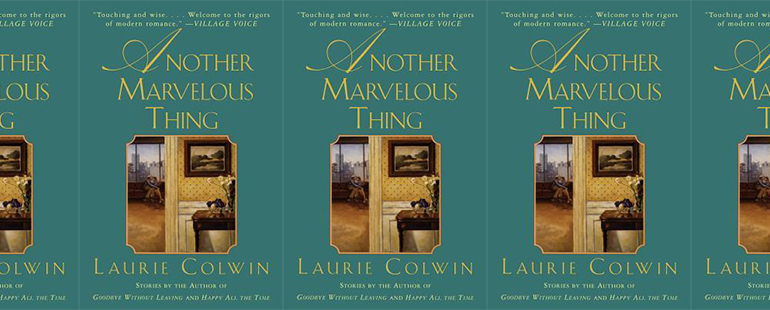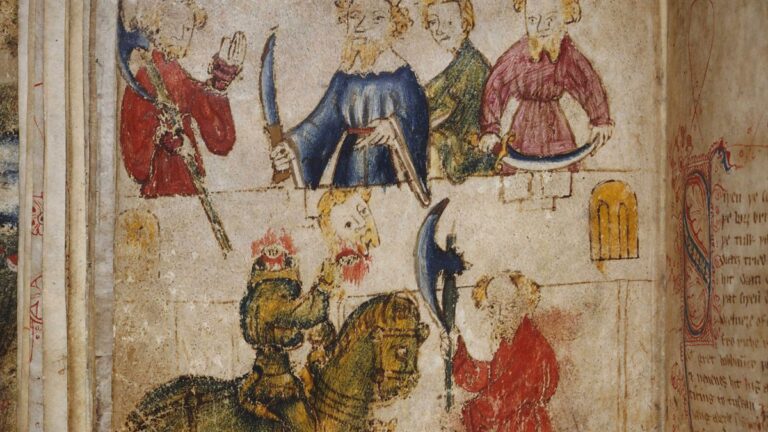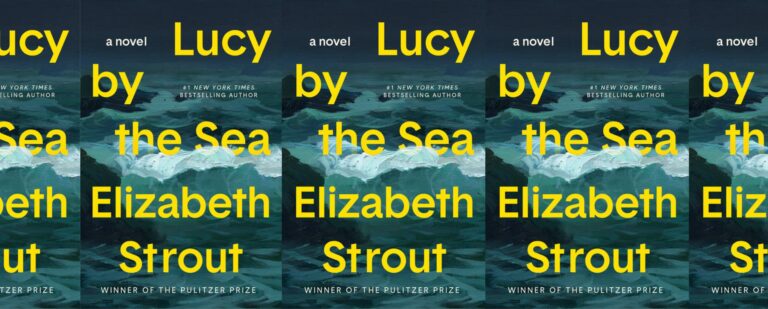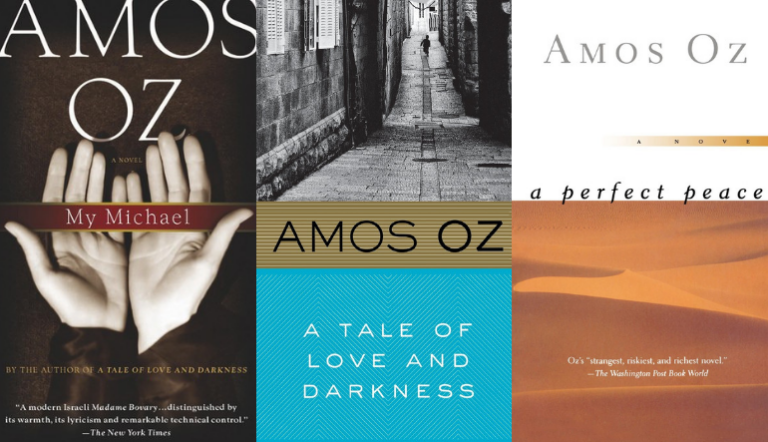Love, the Archive

If you have ever broken up with someone or been broken up with, you have likely experienced that unique quality of love: its archive. Once someone leaves your life, it suddenly becomes clear how much material you have collected for them, with them—the mixtapes and books and sweatshirts, of course, but also the jokes and stories and common interests that you have both amassed together. Losing this archive is some of the pain of a breakup: who will listen to the stories, the thoughts that you’ve regularly gathered for this person? Who will care about your rainy bike commute, your random memory from second grade? Will you ever be able to stop thinking of the inside jokes you shared? These are inherently lonely questions. When it’s all over, will it mean anything to anyone but you?
Laurie Colwin puts this anxiety perfectly in her story collection Another Marvelous Thing: “Oh, the terrible privacy and loneliness of love affairs!” Published to middling praise in 1986, Another Marvelous Thing is in fact a masterpiece of asking lonely questions and describing the lonely archive of love. The collection tells the story of an affair between two married people in New York City, both economists: an older man, named Francis but called Frank, and a young woman, named Josephine but called Billy. All eight interconnected stories recount the same episodes of the affair from different perspectives—either Frank or Billy—and the form of the collection is of return, of recollecting important events wistfully. Frank and Billy’s love becomes something of a prism, turned over by them both, an occasion for happiness and sadness alike.
While both characters reflect on the affair, each narrating four stories, the tonal difference between Frank and Billy is one of the most interesting elements of Another Marvelous Thing. In Frank’s perspectives, emotion spills and spreads across the pages; he has what we would call Big Feelings. Even happiness tortures Frank: in his nostalgic state, he knows even the sweetest moments will expire and so he often ends up distraught and upset. Billy, on the other hand, is unsentimental and spare, preferring to keep her life and Frank’s life as separate as possible. It is as if the affair is a terrible but relatively small inconvenience to her—a traffic jam in her otherwise smooth life—while to Frank, their relationship is his very reason for waking. Of course, Billy is in love too, but out of her four stories, only two center on Frank, while all of Frank’s stories concern Billy. In fact, the title story, “Another Marvelous Thing,” centers on Billy giving birth to her son, William—the most profound event that happens to her in the collection.
Thus Frank more than Billy becomes the keeper of nostalgia, the archivist of the love affair. He is so attuned to Billy and to their affair that he becomes obsessive. As Frank becomes intent on learning more about Billy, collecting the moments that we read, he acts as any good archivist might: with concern about how all this material will be treated when the affair is over. He muses that “A love affair is like a work of art. The large store of reference and jokes, the history of our friendship, our trip to Vermont, our numberless phone calls, this edifice, this monument, this civilization known only to and constructed by the two of us will be—what will it be?” What will this “large store,” this “history,” turn into? And who will get to keep it?
Frank, ever the archivist, is also concerned about completing the collection—what material is left to fill in? The information he doesn’t know about Billy is unbearable to him: he longs to know what she does when he leaves, how she and her husband discuss money. He becomes very upset after learning that Billy and her husband are members of a nature conservancy society, that her secret notebooks are “nature notebooks.” Yet to Billy, this same information about Frank is slightly annoying: “Billy felt her head cluttered with names of Francis’s friends, his children’s teachers in high school and professors at college, of Vera’s clients, of Francis’s former colleagues. She had heard countless stories about his landlady in the South of France, and in fact knew the history—that is, the history as Francis saw it—of this woman’s marriage, and so on.” To Billy, this information is clutter, while to Frank, it is proof of love. Both approach the silence in their shared history differently: Billy welcomes the mystery, while Frank, the sentimental historian, seeks to fill it in.
It would, however, sell Another Marvelous Thing short to simply say that Billy is not like “other girls,” or that Frank is not like “other boys.” Gendered expectations (or the gendered expectations of 1986) are reworked in the book, certainly: women in Another Marvelous Thing are often practical, driven, and level-headed, while men tend to be sensitive creatures. Yet the point of Another Marvelous Thing is not just that men can be nostalgic too, but that nostalgia and melancholy are indeed aspects of being happy—and that the form of the short story collection is elastic enough to allow for all these emotions at once. The stories here emphasize the gaps between Frank and Billy, showing just how impossible it is to fully know anyone, to ever have a truly complete archive. And if to be in love is lonely, then an affair is doubly lonely—a private and secret collection that can never be shared publicly.
And yet: where does the archive of Frank and Billy come to rest? They keep their private collections, but if anyone gets to hold the final archive, it is the reader, the one with the slim volume in her hands. The reader, after all, is the one person who gets to see—to marry—the two perspectives. Frank reflects that “feelings have edges and spines and prickles like a cactus, or porcupine. Our parting when it comes will not be simple, either. Depicted it would look like one of those medieval beasts that have fins, fur, scales, feathers, claws, wings, and horns. In a world apart from anyone else, we are Frank and Billy, with no significance to anyone but the other.” But, of course, Frank and Billy have significance outside themselves—they are characters that we read and think about. Uniquely, we as readers get to be a part of their world, too: we see the medieval beast of their parting, we see the significance of the affair. Only the readers are able to look at the loneliness of two people who can never quite communicate to each other. While Frank and Billy turn over the other in their minds, shoring up their incomplete archive of love differently, the reader gets to see what slips through the cracks.
Another Marvelous Thing skillfully respects this silence, never letting Frank be successful in filling these gaps nor Billy successful in evading the clutter—Colwin never lets the reader fit all the puzzle pieces together perfectly. It is not privacy but unknowability that is at the heart of the collection. While the eight stories are interconnected, they undercut the very idea of cohesion that this connection might suggest. Colwin highlights the gaps between Frank and Billy, never reconciling the utter otherness of other people, never rejecting the possibility of being known regardless of this fact. What happens in between these stories, what goes unsaid, speaks louder than the events we see. Ever the master of subtlety, Colwin leaves the reader wondering, like Frank, what happens when he leaves Billy: “The moment he stepped out of her house her life without him began. Of course, the same could be said of him. What richness! what privacy! what sadness!” There is no richness without privacy, without sadness. This contrast between the known and the unknown is what makes life—what makes love—meaningful. It is these very gaps in our archives that make what we do know so precious.
This piece was originally published on February 15, 2021.


